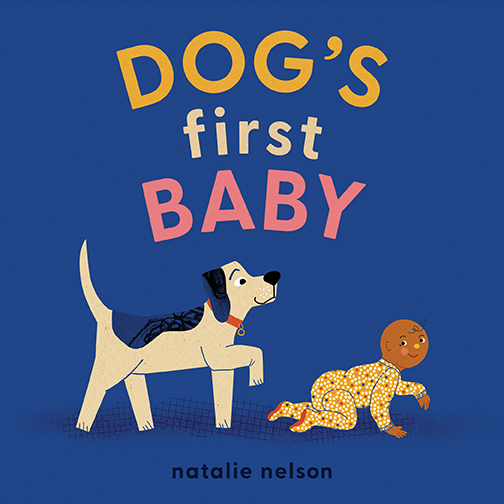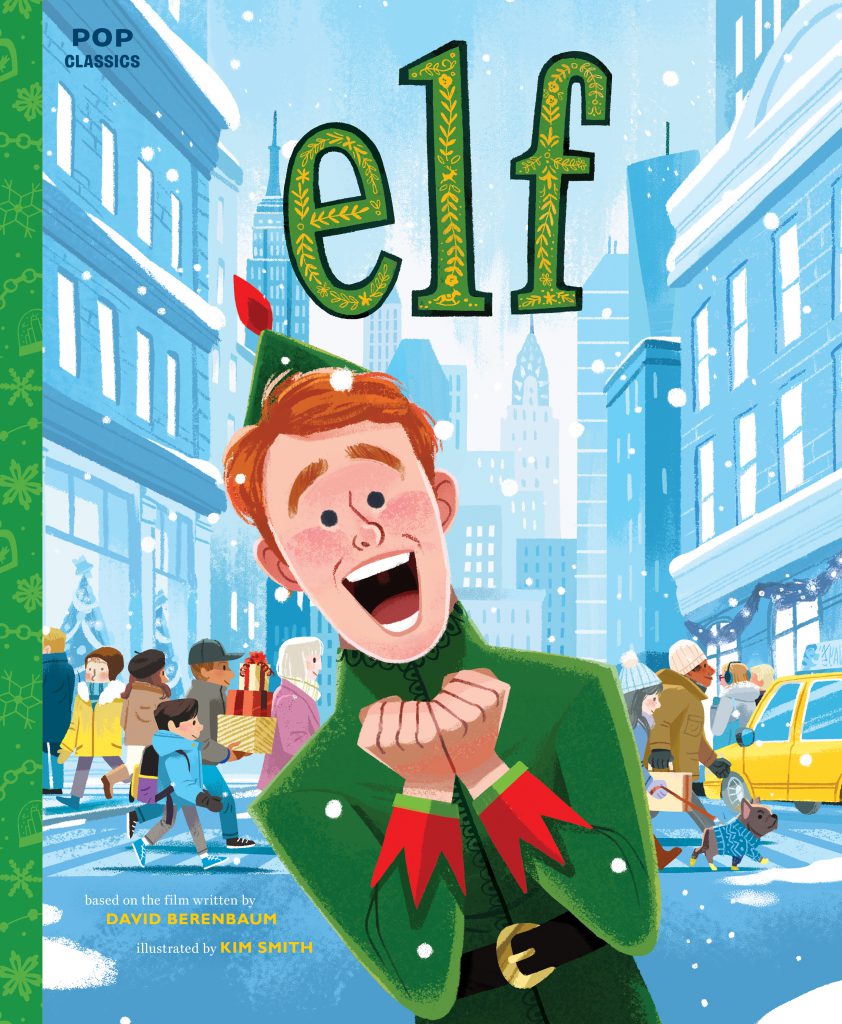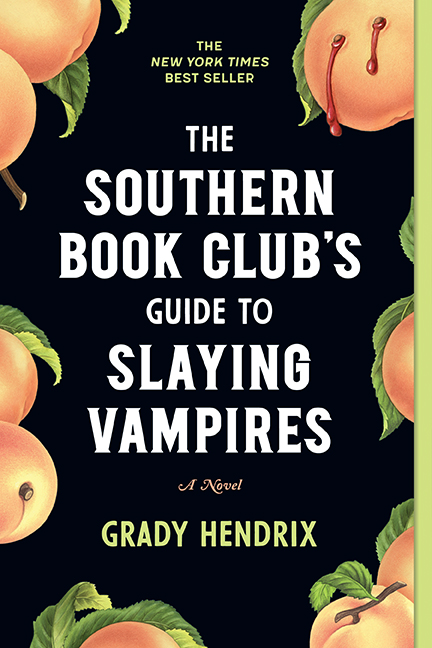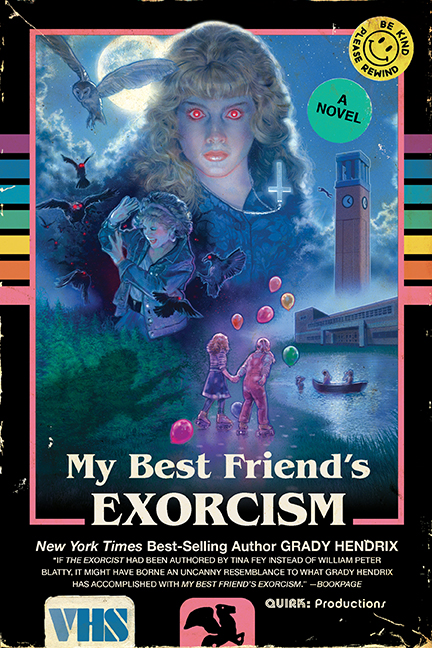Our Blog
I Don’t Think It Means What You Think It Means: Five Literary Words That Were Tricky to Translate
Happy International Translation Day! Or should I say Joyeux Jour de la Traduction, or perhaps Guten Übersetzungtag?
Semantics aside (for now), translation deserves to be celebrated: it’s awesome, it’s nifty, and it’s essential. Unless you want to spend years learning Russian or Old Icelandic, you need translators if you want to become well-read. But taking a work of literature in one language and wrangling it into another goes way beyond just flipping words over like flash cards—anyone who’s ever screwed around on Google translate for two minutes can tell you that. Preserving the poetry and power of certain passages is a delicate business—and a messy one. Here are five famously stubborn words that have caused many a footnote (and headache) for translators.
Posted by Blair Thornburgh
Happy World Vegetarian Day
Today is World Vegetarian Day. Like many vegetarians (I suppose), I don’t often think about the fact that I’ve given up eating meat. After a while, what was once a life-altering decision becomes second nature…like anything that you do every day, opting out of meat-eating is just one blip in the background noise of your life. So this day is an opportunity for those of us who are vegetarians to revisit that choice, and reconnect with whatever motivations put us on the path to a meat-free lifestyle.
People choose vegetarianism for different reasons, of course. I would guess that ethical concerns are the driving factor in most cases. But extricating oneself from a predator/prey relationship with other living things is not the only possible motivation. For some, a desire—or even a necessity—to protect one’s health can is a powerful reason to eliminate meat from the menu. It’s certainly possible to consume high and unhealthy levels of fat, salt, and calories even while maintaining a vegetarian diet, but combining vegetarian food choices with basic healthy eating habits can be a potent means of lowering one’s risk of many chronic health problems.
And an increasing number of people consider vegetarianism as a critical option for reducing the energy drain, carbon footprint, and waste production that industrial-scale animal husbandry impresses upon our increasingly crowded planet. In terms of efficiency, producing plant-based food is a much more practical use of the resources that a rising, energy-hungry global population demands.
However they come to the decision, many people find that transitioning to a vegetarian diet turns out to be an easier experience than they anticipated. Nevertheless, there are challenges. In my own case, the switch was fraught with particular difficulties. Having been raised as a cannibal, I expect that I struggled with more obstacles than most.
I know how that sounds, but referencing my cannibal upbringing isn’t intended as a brag, or some sort of badge of authenticity. To be honest, the current cannibalism revival that’s cropped up in some hipster circles holds no interest for me (in fact, it strikes me as shallow, trendy posturing not likely to result in widespread acceptance). In my family, cannibalism wasn’t some kind of statement about the anonymity of modern culture, or a means of pushing the boundaries of propriety. It was just the way things were. If, say, Sunday dinner happened to include roast mailman foot, or some breaded elbows, that was no more significant to us than the baked potatoes or string beans. (Though it was also no less significant…even all these years later, the though of my mother’s breaded elbows still makes my mouth water.)
At this point, I feel the need to clear up a few misconceptions about cannibalism. Firstly, and contrary to what you may have read on certain blogs, cooked human flesh is delicious. Many vegetarians downplay the appeal of eating meat, but I think in most cases that’s disingenuous. Just because you choose not to eat meat, that doesn’t mean you can’t acknowledge its gustatory appeal. Steak tastes good, hamburgers taste good. And braised abs of office worker, or a plate of fettuccini with fennel and firefighter fingers…man, those taste really good. Of course, a lot of the flavor is in the preparation. And my mom was an old-school home cook, from the era of liberal use of butter, cream, salt, eyelids… She was raised with the idea that it was a mom’s job to fatten up her kids, mostly by feeding them human fat. I cringe when I think of how many calories and how much cholesterol must have been in mom’s lips-hips-cheese-and-noodles casserole.
So many of our early memories are connected to the foods we ate growing up that becoming a vegetarian can sometimes feel like turning one’s back on one’s own history and traditions. It wasn’t easy for me to reject the turkey dinner that’s so closely tied to our Thanksgiving feasts when all my relatives gathered, enjoying each others’ company as much as the meal. Or the appendix stew that my father always insisted on for his birthday dinner (he was a man of simple pleasures). Food connects us to trivial memories, too. I sometimes wish I could taste again the bland but comforting flavor of the baloney sandwiches my mother made for my grade school lunches, or the greasy take-out chicken we brought with us on summer picnics, or the salty texture of my little brother’s arm as we gnawed on each other to work up an appetite before dinner.
Of course, not all food memories are fond ones. To put another myth to rest, being raised on cannibal cuisine doesn’t mean you enjoy every recipe in the cookbook. I was never a big fan of earlobes, and it didn’t help that my mother would boil them until they sagged limply on the plate like morose jellyfish. Fortunately my older sister loved them, so I could always flip a few her way when mom was back at the stove stirring the sauce. (She would return the favor whenever my mother got ambitious and attempted our Grandma’s recipe for Broiled Radio Announcer Tongue. My sister hated it, but I could never get enough. There’s something about the taste of something that has its own taste buds which I still miss to this day.)

Once, when I was struggling the most with giving up the cookery of my youth, something occurred to me: All of us start out as cannibals. It’s the only truly universal cuisine. Because when you’re in the womb, you pretty much have no choice about it. Afterwards, unless you’re put on formula, you continue the practice for a while longer. Yet even when you move on to mushed squash and peas, you can’t help but suck your own thumb when that craving for human meat kicks in. Or occasionally clamp your jaws around somebody’s finger, even if your baby teeth can’t break the skin. Despites such strong instincts, most people stop eating people at a very young age and don’t look back. And I reasoned that if so many could give up what was, to me, the most delicious food source of all, than so could I.
So if you’re struggling with the decision to give up eating animal meat, consider this. You’ve already given up eating your fellow human beings, and most of them are far more flavorful than any animal could ever be. And in many cases, far more deserving of being eaten.


Posted by Rick Chillot
Six Publishing-Themed Movies for Every Literary Genre
The publishing industry might not be the most natural fit for exciting on-screen moments. (I’m still waiting for the reality version of So You Think You Can Write?) But that doesn’t mean that Hollywood has completely ignored the thrill that can be found in creating the written word. So if you’re looking for films featuring your beloved profession, below are some movies that tackle every aspect of the publishing industry from literary agents, to bloggers, to ghost writers, to children’s books, to the occasional psychotic editor.
Posted by Diana R. Wallach
Word On The Street in Toronto: Photo Recap
Sunday, September 22nd, 2013 was a cold day. It was also the day that the Word on the Street Festival took place at Queen’s Park.
I woke up far too early to get downtown for my morning shift as a volunteer at the festival. It was my first year ever at the festival. I was wide eyed with excitement… and from exhaustion. I made my way to the volunteer tent through the gorgeous park, and saw some great things along the way.
Posted by Ardo Omer





